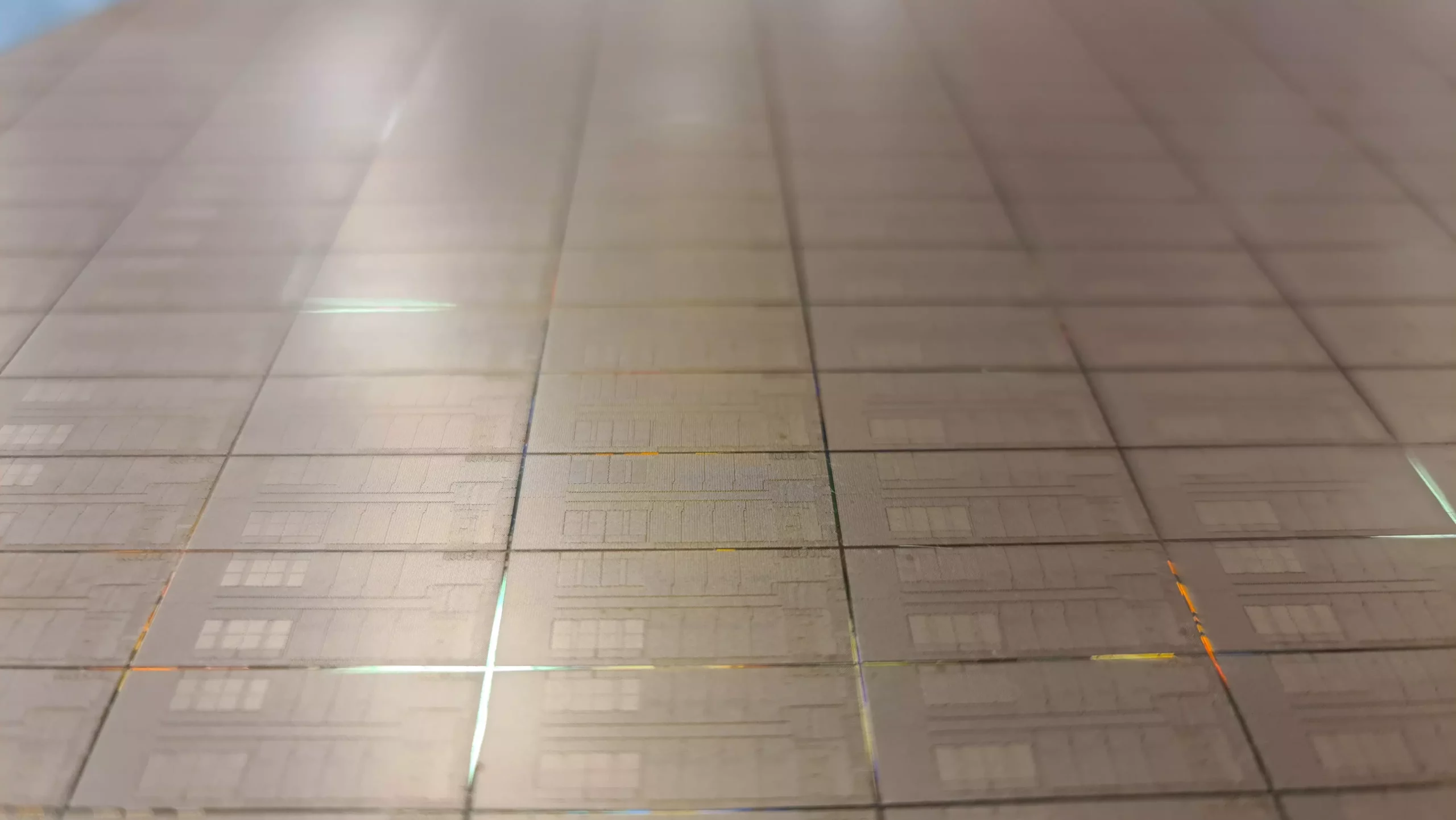In an intriguing strategic maneuver, Intel has officially decided to part ways with 51% of its holdings in Altera, a prominent player in the realm of programmable logic devices. This decision marks a significant shift and suggests a newfound focus for Intel, with ambitions of solidifying its core operations. The investment firm Silver Lake will now take the helm of the majority share in Altera, a company that Intel previously acquired for a whopping $16.7 billion in 2015. The figure of $8.75 billion placed on Altera now might raise eyebrows, as it represents a notable decline in valuation. However, beneath the surface of this apparent depreciation lies a strategy designed for long-term gains.
What makes this move particularly fascinating is the historical tapestry woven between Intel and Altera. Their previous collaborations centered around sharing technology to propel innovation in the semiconductor sector. It’s noteworthy that even following this deal, Intel retains a 49% stake in Altera, allowing them to wield significant influence over its operations. This careful balance of ownership enables Intel to shape Altera’s trajectory while refocusing on enhancing its core business, which has become increasingly critical as competition in the tech landscape escalates.
The Significance of Field Programmable Gate Arrays (FPGAs)
The stakes of this deal transcend mere financial implications, diving deep into the technological innovations represented by Altera’s products. FPGAs, or field programmable gate arrays, are indispensable in modern computing architectures, providing versatile solutions that are easily adaptable. In a world increasingly driven by the need for rapid innovation, the independence of Altera could pave the way for breakthroughs that could disrupt the market in ways yet unseen. This could foster an environment ripe for fresh perspectives and ideas that go beyond the confines imposed by a larger corporate umbrella.
Moreover, Silver Lake’s track record in the tech industry highlights its capability of maximizing operational efficiencies and driving growth. With substantial investments in industry titans such as Twitter and Airbnb, their influence could help Altera tap into markets and create new revenue streams that Intel alone might not have explored. The potential for transformation is ripe as Altera finds itself free to pursue new initiatives with the backing of an investment firm that understands the dynamic realm of technology.
Evaluating the Trade-Offs
While it might seem counterintuitive for Intel to divest from a subsidiary it once acquired for over $16 billion, the rationale stems from an intense focus on its core competencies. This move may reflect Intel’s desire to bolster its resources towards areas with higher growth potential, such as data centers, artificial intelligence, and advanced manufacturing technologies. The decision to allow Altera to pursue independent innovation might very well foster a symbiotic relationship between the two entities, one where they can interplay various technologies without the bottlenecks arising from a large-scale integration.
It is theoretically amiable for a tech conglomerate like Intel to relinquish part of its holdings and shift gears; nonetheless, the reality of such decisions can often be fraught with risks. The concern over how much influence Intel can retain over Altera given its reduced ownership could pose challenges as both companies navigate their separate aspirations. The delicacy of this arrangement will remain to be seen as Altera attempts to assert its independent identity within the highly competitive semiconductor arena.
The Road Ahead: Potential Implications
The implications of this deal could reverberate throughout the tech industry. Establishing Altera as technically independent, albeit under the watchful eyes of Intel, positions it uniquely for collaborations and partnerships that could unfold. This could potentially reshape the manner in which programmable logic devices serve industries ranging from telecommunications to aerospace, expanding the boundaries of what’s possible with FPGAs.
Though the financial metrics may imply a less robust evaluation than in 2015, this transaction likely marks a turning point that would focus on long-term growth and innovation rather than short-term gains. The ongoing transformation in global tech markets signifies that traditional business models may need to pivot towards flexible and nimble frameworks that can respond effectively to evolving consumer demands.
Intel’s strategic decision to divest from Altera in favor of focusing on its core business dovetails with the realities of today’s rapid innovation cycle. As Altera embarks on its independent journey, eyes will be keenly fixed on how it integrates Silver Lake’s influence while utilizing Intel’s support to carve its niche in a competitive sea of technology.

